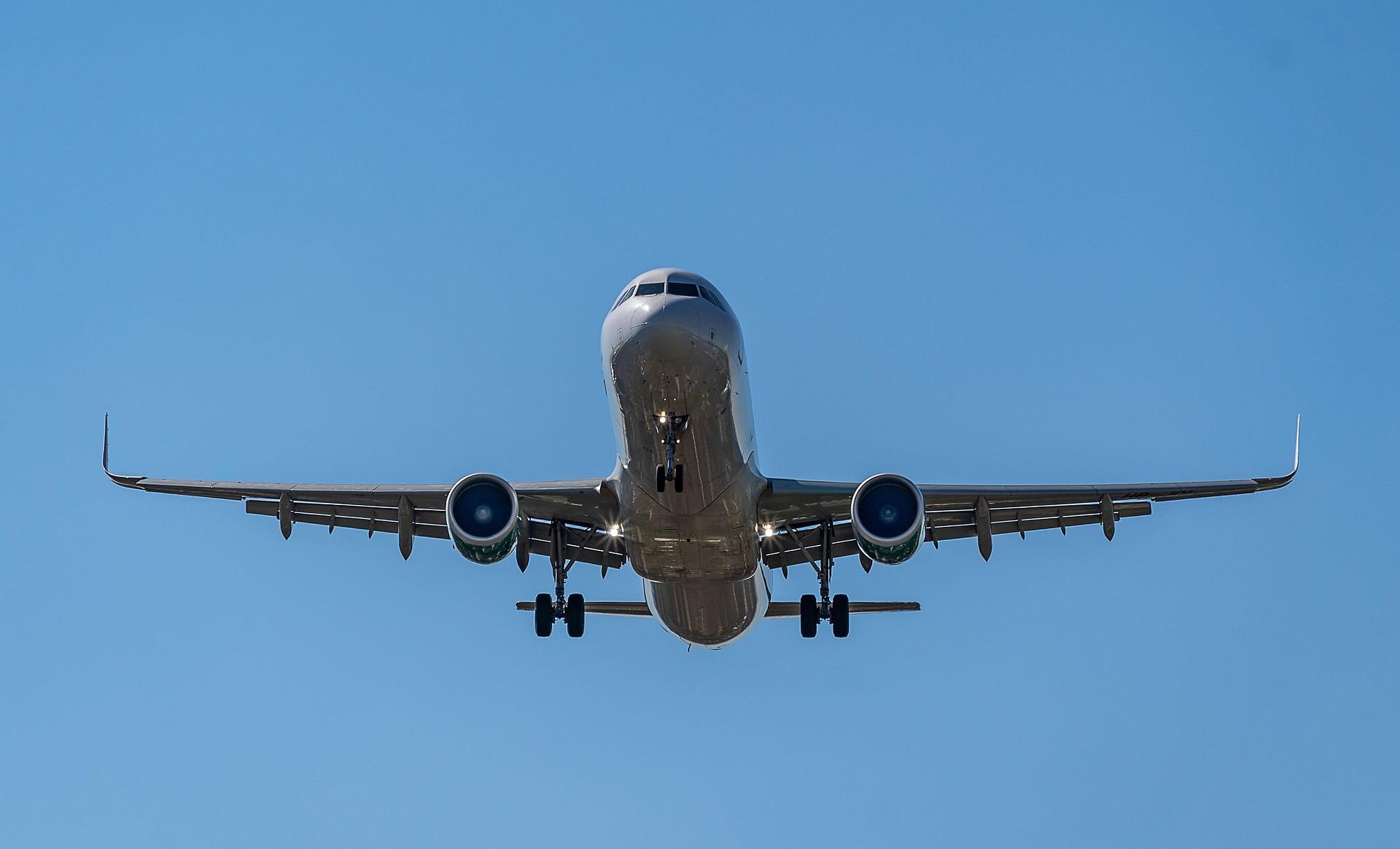
Iran-Israel Conflict
As tensions between Iran and Israel spiral into open conflict, the repercussions are now reverberating through the aviation industry. Major airspaces across West Asia — including Iran, Iraq, and Israel — have either been shut down or heavily restricted, prompting widespread disruptions in global air travel.
In response to Israeli attacks on Iranian military and nuclear sites, airlines have been forced to cancel, reroute, or delay thousands of flights. Routes that traditionally traverse the skies over Iran and Iraq are now being diverted. Aircraft moving between East and West are instead flying through Saudi Arabia, southern Israel, and Egypt’s Sinai Peninsula. This marks a significant shift from the conventional flight paths which typically follow the Iraq-Iran border corridor, with Israel to the west and Iran to the east.
Jordan’s Aviation Regulatory Commission briefly closed its airspace but reopened it at 7:30 a.m. local time, offering some relief to regional carriers. However, Israel's primary airport, Ben Gurion International Airport in Tel Aviv, has remained shut amid fears of Iranian retaliation. The Israeli Air Defense Forces are on high alert as the nation braces for possible counterstrikes.
Several global carriers have taken precautionary steps. Israel’s national airline, El Al, suspended all flights to and from the country. Major international airlines — including Air France, KLM, and budget airline Ryanair — also halted services involving Israel. The move reflects broader security concerns and the need to protect passengers and crew amid a rapidly deteriorating security situation.
American carriers have made significant adjustments as well. Delta Airlines, based in Atlanta, has suspended all flights to Tel Aviv from New York’s JFK Airport through August 31. The airline issued a travel waiver for passengers scheduled to fly to Tel Aviv between June 12 and August 31, offering alternative rebooking options. Delta emphasized that it is closely monitoring developments in the region to reassess its flight schedules.
United Airlines also canceled one outbound flight from New York on Thursday. Another in-flight service to Israel had to return mid-route to New Jersey. The airline has not provided a specific timeline for resuming services between New Jersey and Tel Aviv. Additionally, United coordinated with El Al to fly 26 of its crew members out of Tel Aviv, ensuring their safe return.
Indian carriers, too, are affected. IndiGo issued a travel advisory cautioning passengers that flight times may be extended or services could be canceled due to ongoing airspace closures. The airline encouraged travelers to verify their flight status via its website or mobile app before departing for the airport. Air India released a similar advisory, confirming that some of its West Asia-bound flights are now operating via extended alternative routes in the interest of passenger safety.
The ongoing military escalation has added yet another layer of complexity to the aviation industry, already grappling with geopolitical instability and fuel price volatility. With no immediate resolution in sight, airlines are expected to continue revising routes and policies, putting flexibility and safety at the forefront of operations.
Disclaimer:
The information provided in this article is for general informational purposes only. It is based on publicly available news reports and airline statements at the time of writing. Flight schedules, airspace restrictions, and geopolitical situations are subject to rapid changes. Readers are advised to check directly with airlines or official government sources for the most current updates before making any travel decisions. The blog does not take responsibility for any travel disruptions, losses, or decisions made based on the content of this article.




